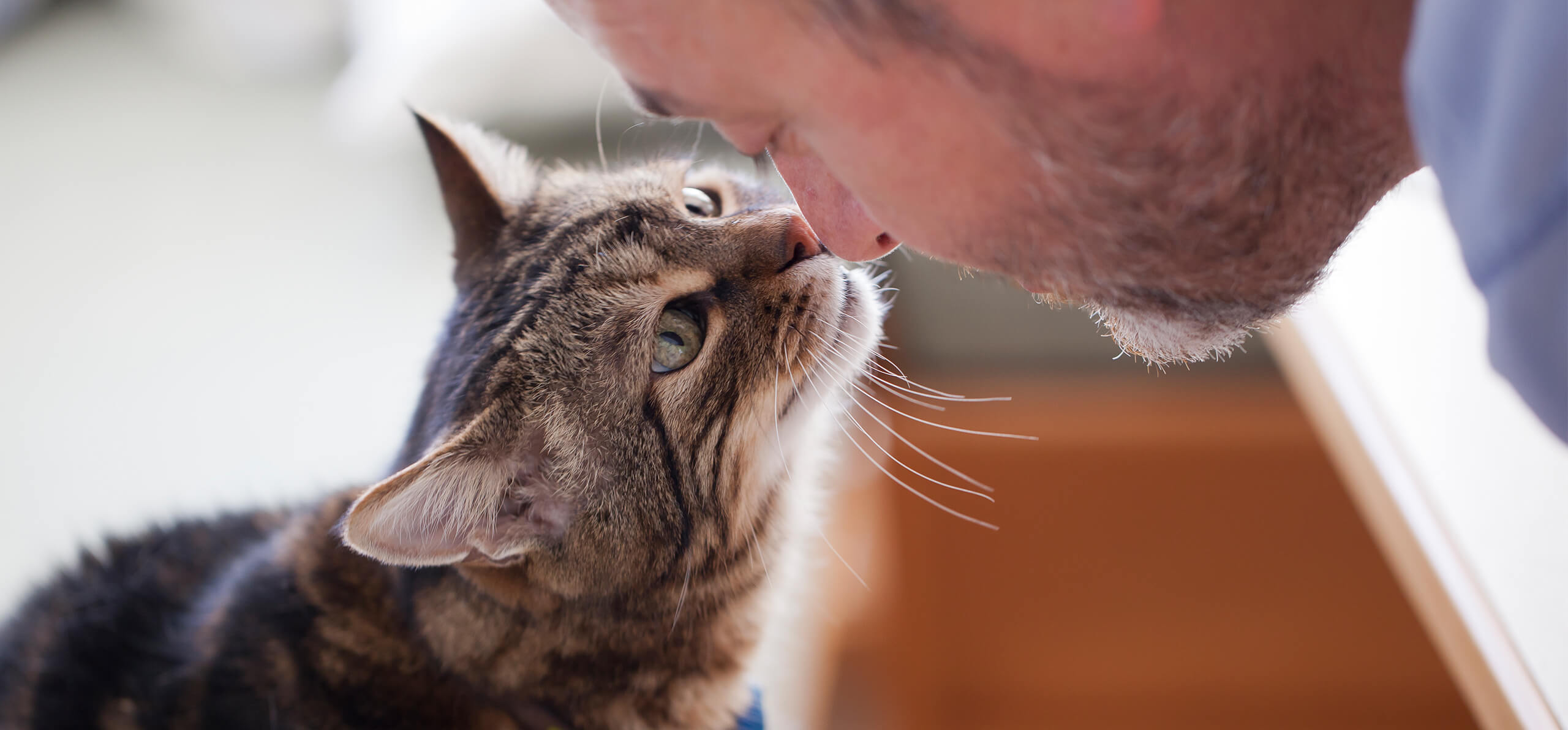Some of the stereotypical statements range from: Dogs are really active; cats are lazy. Cats are independent; dogs rely on humans. But when it comes to pet parenting, people bond with both furry family members the same way.
So, if you’ve always been more of a canine companion, here are some simple things to remember when trying to connect with cats.
Food
The fastest way to a furry companion’s heart is through his or her stomach. Cat parents will tell you their feline buddies are their morning alarm clocks and woe to the parent who’s late getting that cat food in her dish.
Want to form a tighter bond with a cat? Be the hand that feeds and treats them and they’ll purr against your leg any time!
Fun
Play is a crucial part of socialization and bonding for kittens and cats. Playtime helps felines become familiar and comfortable with their surroundings and can be a strong glue for bonding with you, even if the cat appears aloof.
Because dogs require lots of exercise, they tend to have more playtime during the day. Cats don’t need to go outside to relieve themselves or take walks so you’ll have to make time for play. Wait until your cat is more alert and interested in activity, then grab a toy, preferably one you know she likes, and start exercising her right to have fun.
Affection
Although cats are usually less social than dogs, they still love being cuddled, petted and scratched when the time is right, and all three displays of affection solidify your bond with her.
Since cats tend to be independent, they’ll usually let you know when they’re ready for some affection. Some aren’t too keen on affection so wait for them to make the first move. Also daily grooming and even nail clipping, always followed by tasty treats, can strengthen the relationship between cat and caregiver.
Providing nutritious food, loving affection and plenty of playful attention can help even the most dogged canine lover get on with the feline persuasion.

